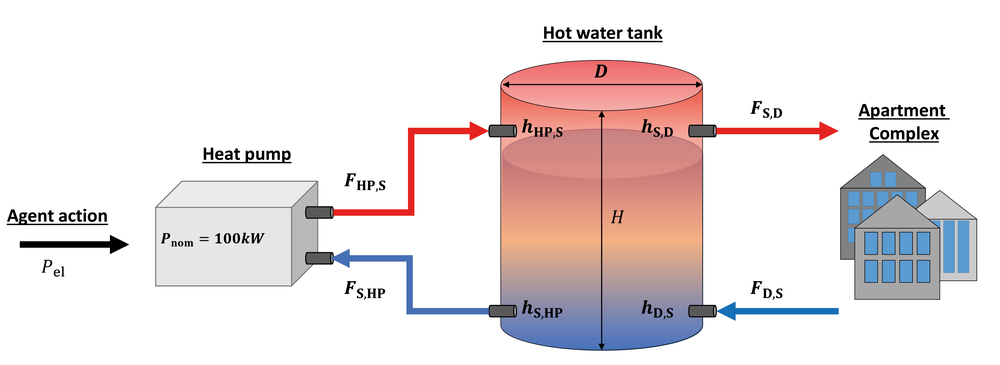Helmholtz AI
The Institute of Software Technology is part of the artificial intelligence network Helmholtz AI. Together with researchers from the DLR Institutes of Remote Sensing Methodology and Robotics and Mechatronics, we support our Helmholtz partners in analysing ever larger data sets from the research fields of aeronautics, space and transport.
Many DLR research projects generate enormous amounts of data from recordings, measurements and imaging processes. In many cases, research questions can only be answered if the huge amounts of data can be analysed efficiently. We contribute our expertise in working with big data and can be booked by all Helmholtz partners as consultants for AI issues.
Two examples show how our knowledge of artificial intelligence has helped to achieve project goals:
- In the field of image analysis, AI-supported automated workflows are needed to avoid time-consuming manual evaluation. In a project with gravitational biologists from the DLR Institute of Aerospace Medicine, we developed automatic image recognition and deblurring of specific cell structures. We designed a dashboard that allows users with no background in computer vision to perform automatic recognition and parameter estimation of cell structures. The cell filaments under investigation can thus be automatically recognised and characterised on super-resolution 2D microscope images. For image enhancement, i.e. the conversion of blurred image sequences into a sharp overall image, we use techniques from the field of generative AI such as CycleGANs.

- Energy management is becoming an increasingly important issue. Optimised energy use is becoming increasingly important, not only for the climate and the economy, but also for private households. Energy-efficient heat pumps and heat storage offer a solution. However, current heating systems often result in significant energy wastage. The DLR Institute for Networked Energy Systems is investigating how to make heat pumps and heat storage more intelligent and therefore more efficient. We supported the research project by using AI-based methods to optimise the operation of heat pumps and heat storage units. Due to the high inertia of heating systems, predictions of heat demand were required, which we determined using artificial neural networks. We also used weather forecasts and used agent-based learning to determine an optimal set point for the heat pump.

Project runtime:
- since 2019
Scientific participants:
Project website:
Further information:
Contact
Dr.-Ing. Achim Basermann

